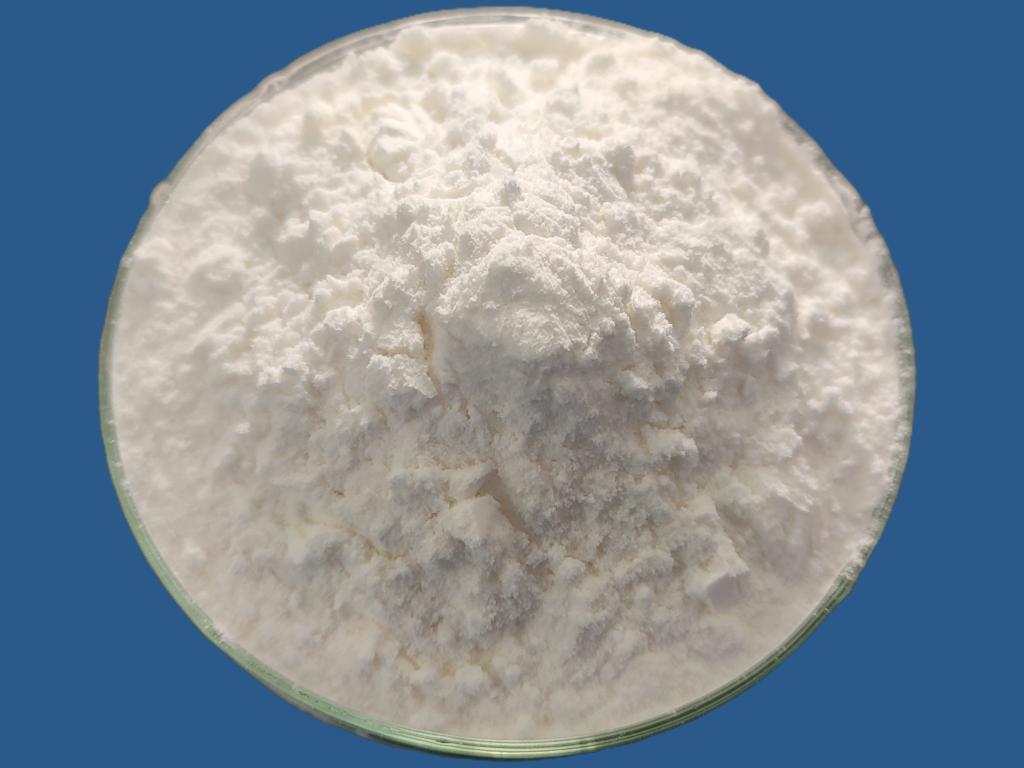Tel:0086 18231198596

News
Current Position:
Home >
News
>The Integration of ε-Polylysine Hydrochloride in Sustainable Urban Agriculture
The Integration of ε-Polylysine Hydrochloride in Sustainable Urban Agriculture
TIME:2024-01-26
I. Urban Agriculture and Its Challenges:
Growing Urbanization:
The rapid pace of urbanization has led to increased pressure on agricultural resources, pushing cities to explore ways to produce food locally. Urban agriculture emerges as a solution, but it comes with unique challenges such as limited space, soil degradation, and the need for sustainable practices.
Soil Health and Plant Protection:
Maintaining soil health in urban environments is challenging due to pollution, compacted soils, and limited biodiversity. Additionally, urban farms face threats from pests and diseases that can impact crop yield and quality.
II. Understanding ε-Polylysine Hydrochloride:
Natural Origin:
ε-Polylysine is a naturally occurring antimicrobial peptide produced by Streptomyces albulus through fermentation. Its hydrochloride form, ε-Polylysine Hydrochloride, is water-soluble and has properties that make it suitable for applications in agriculture.
Antimicrobial Properties:
The primary function of ε-Polylysine Hydrochloride is its antimicrobial activity against a broad spectrum of bacteria and fungi. This property can be harnessed to protect plants from diseases, reducing the reliance on synthetic pesticides.
III. Plant Protection in Urban Agriculture:
Biopesticide Formulations:
ε-Polylysine Hydrochloride can be formulated into biopesticides for plant protection. These formulations offer a natural and sustainable alternative to chemical pesticides, reducing the environmental impact on urban ecosystems.
Disease Resistance:
Applying ε-Polylysine Hydrochloride to crops can enhance their resistance to various bacterial and fungal diseases. This proactive approach contributes to healthier plants, increased yields, and a more sustainable urban agriculture system.
IV. Soil Health Improvement:
Biodegradability:
ε-Polylysine Hydrochloride is biodegradable, meaning it can break down naturally without leaving harmful residues in the soil. This characteristic supports sustainable agriculture practices by minimizing environmental impact.
Soil Microbial Balance:
Maintaining a healthy microbial balance in the soil is essential for plant growth. ε-Polylysine Hydrochloride, with its targeted antimicrobial activity, can help control harmful soil pathogens while preserving beneficial microorganisms, contributing to improved soil health.
V. Sustainable Crop Production:
Reduced Chemical Input:
The use of ε-Polylysine Hydrochloride in urban agriculture allows for a reduction in chemical inputs. By minimizing the reliance on synthetic pesticides and antimicrobials, ε-Polylysine Hydrochloride contributes to more sustainable and environmentally friendly crop production.
Organic Farming Practices:
Urban farms often aim to adopt organic farming practices. ε-Polylysine Hydrochloride aligns with organic principles as a naturally derived substance, offering an alternative to synthetic chemicals without compromising crop protection.
VI. Hydroponics and Vertical Farming:
Soilless Agriculture:
Hydroponic and vertical farming systems, prevalent in urban environments, rely on nutrient solutions instead of soil. Incorporating ε-Polylysine Hydrochloride in these systems can help prevent microbial contamination in nutrient solutions, ensuring the health of crops without the need for soil.
Sustainable Intensification:
The integration of ε-Polylysine Hydrochloride supports the concept of sustainable intensification in urban agriculture. This approach aims to maximize yields while minimizing environmental impact, contributing to the efficiency and productivity of urban farming systems.
VII. Environmental Impact and Ecological Balance:
Minimizing Runoff Contamination:
Traditional pesticides often contribute to water pollution through runoff. The biodegradable nature of ε-Polylysine Hydrochloride reduces the risk of contaminating water sources, supporting sustainable water management in urban agriculture.
Preservation of Beneficial Insects:
Unlike chemical pesticides that can harm beneficial insects, ε-Polylysine Hydrochloride specifically targets harmful microorganisms. This targeted approach helps preserve the ecological balance by protecting beneficial insects that contribute to pollination and pest control.
VIII. Challenges and Considerations:
Cost-effectiveness:
The cost of ε-Polylysine Hydrochloride for agricultural applications may initially be a consideration for urban farmers. Research and development efforts should focus on optimizing production processes to enhance cost-effectiveness.
Education and Adoption:
Educating urban farmers about the benefits and proper application of ε-Polylysine Hydrochloride is crucial for widespread adoption. Extension services, workshops, and collaboration with agricultural experts can facilitate the integration of this innovative solution into urban farming practices.
IX. Case Studies and Success Stories:
Urban Farms Implementing ε-Polylysine Hydrochloride:
Exploring case studies of urban farms successfully implementing ε-Polylysine Hydrochloride provides practical insights into its application and positive impact on plant health, crop yield, and environmental sustainability.
Collaboration with Agricultural Institutions:
Partnerships between urban farms and agricultural research institutions can lead to successful case studies. These collaborations can provide scientific validation, data collection, and best practices for the integration of ε-Polylysine Hydrochloride in urban agriculture.
X. Future Directions and Research Opportunities:
Formulation Development:
Research can focus on developing innovative formulations of ε-Polylysine Hydrochloride tailored for specific crops, pests, and urban farming systems. Advanced formulations could enhance efficacy, ease of application, and overall sustainability.
Synergistic Approaches:
Exploring synergistic approaches that combine ε-Polylysine Hydrochloride with other sustainable agricultural practices, such as cover cropping, crop rotation, or integrated pest management, can lead to holistic solutions for urban agriculture.
XI. Conclusion:
The integration of ε-Polylysine Hydrochloride in sustainable urban agriculture represents a promising avenue for addressing the unique challenges of farming in urban environments. From plant protection to soil health improvement and minimizing environmental impact, ε-Polylysine Hydrochloride offers a multifaceted solution. As urban agriculture continues to play a vital role in global food systems, the adoption of innovative and sustainable practices, such as the use of ε-Polylysine Hydrochloride, becomes essential for building resilient and environmentally conscious urban farming ecosystems.

 CONTACT
CONTACT




